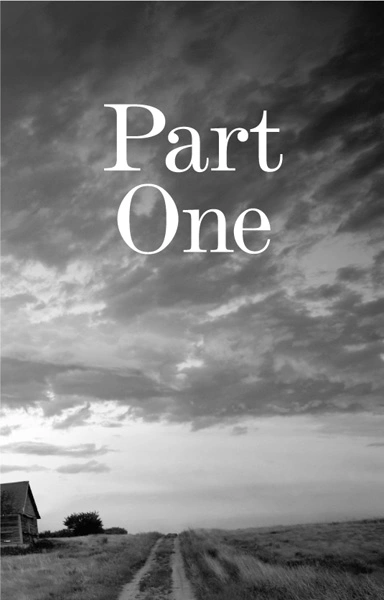Canada

Kristina
Canada is a work of the imagination. Every character and event in it is fictitious. No resemblance to real people is intended or should be inferred. I’ve taken liberties with the townscape of Great Falls, Montana, and also with the prairie landscape and with some particulars of the small towns in the southwest of the Province of Saskatchewan. Highway 32, for instance, was unpaved in 1960, although as I’ve written about it, it is paved. Beyond that, all outright errors and omissions are my responsibility.
RF
Contents
Part One
Chapter 1
Chapter 2
Chapter 3
Chapter 4
Chapter 5
Chapter 6
Chapter 7
Chapter 8
Chapter 9
Chapter 10
Chapter 11
Chapter 12
Chapter 13
Chapter 14
Chapter 15
Chapter 16
Chapter 17
Chapter 18
Chapter 19
Chapter 20
Chapter 21
Chapter 22
Chapter 23
Chapter 24
Chapter 25
Chapter 26
Chapter 27
Chapter 28
Chapter 29
Chapter 30
Chapter 31
Chapter 32
Chapter 33
Chapter 34
Chapter 35
Chapter 36
Chapter 37
Chapter 38
Part Two
Chapter 39
Chapter 40
Chapter 41
Chapter 42
Chapter 43
Chapter 44
Chapter 45
Chapter 46
Chapter 47
Chapter 48
Chapter 49
Chapter 50
Chapter 51
Chapter 52
Chapter 53
Chapter 54
Chapter 55
Chapter 56
Chapter 57
Chapter 58
Chapter 59
Chapter 60
Chapter 61
Chapter 62
Chapter 63
Chapter 64
Chapter 65
Chapter 66
Chapter 67
Part Three
Chapter 68
Chapter 69
Acknowledgments
Also by Richard Ford

First, I’ll tell about the robbery our parents committed. Then about the murders, which happened later. The robbery is the more important part, since it served to set my and my sister’s lives on the courses they eventually followed. Nothing would make complete sense without that being told first.
Our parents were the least likely two people in the world to rob a bank. They weren’t strange people, not obviously criminals. No one would’ve thought they were destined to end up the way they did. They were just regular—although, of course, that kind of thinking became null and void the moment they did rob a bank.
My father, Bev Parsons, was a country boy born in Marengo County, Alabama, in 1923, and came out of high school in 1939, burning to be in the Army Air Corps—the branch that became the Air Force. He went in at Demopolis, trained at Randolph, near San Antonio, longed to be a fighter pilot, but lacked the aptitude and so learned bombardiering instead. He flew the B-25s, the light-medium Mitchells, that were seeing duty in the Philippines, and later over Osaka, where they rained destruction on the earth—both on the enemy and undeserving people alike. He was a tall, winning, smiling handsome six-footer (he barely fitted into his bombardier’s compartment), with a big square, expectant face and knobby cheekbones and sensuous lips and long, attractive feminine eyelashes. He had white shiny teeth and short black hair he was proud of—as he was of his name. Bev. Captain Bev Parsons. He never conceded that Beverly was a woman’s name in most people’s minds. It grew from Anglo-Saxon roots, he said. “It’s a common name in England. Vivian, Gwen and Shirley are men’s names there. No one confuses them with women.” He was a nonstop talker, was open-minded for a southerner, had graceful obliging manners that should’ve taken him far in the Air Force, but didn’t. His quick hazel eyes would search around any room he was in, finding someone to pay attention to him—my sister and me, ordinarily. He told corny jokes in a southern theatrical style, could do card tricks and magic tricks, could detach his thumb and replace it, make a handkerchief disappear and come back. He could play boogie-woogie piano, and sometimes would “talk Dixie” to us, and sometimes like Amos ’n’ Andy. He had lost some of his hearing by flying the Mitchells, and was sensitive about it. But he looked sharp in his “honest” GI haircut and blue captain’s tunic and generally conveyed a warmth that was genuine and made my twin sister and me love him. It was also probably the reason my mother had been attracted to him (though they couldn’t have been more unsuited and different) and unluckily gotten pregnant from their one hasty encounter after meeting at a party honoring returned airmen, near where he was re-training to learn supply-officer duties at Fort Lewis, in March 1945—when no one needed him to drop bombs anymore. They were married immediately when they found out.
1 comment